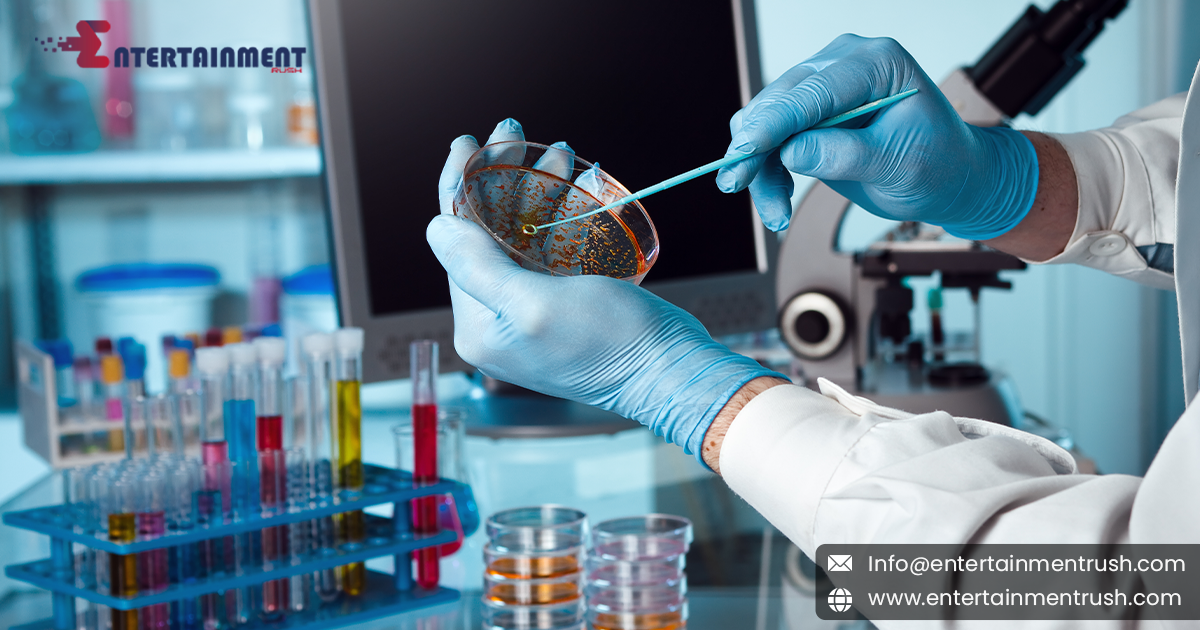Microbiology, the study of microscopic organisms such as bacteria, viruses, fungi, and protozoa, plays a vital role in shaping healthcare, agriculture, environmental science, and biotechnology. In the USA, microbiologists are at the forefront of research and innovation, harnessing the power of tiny organisms to develop life-saving drugs, advance agricultural practices, and combat infectious diseases. Join us as we delve into the fascinating world of microbiology and explore its diverse applications across different sectors.
Understanding Microscopic Life
Microbiology encompasses the study of diverse microorganisms that exist virtually everywhere on Earth. Bacteria, the most abundant organisms on our planet, have profound impacts on human health, food production, and ecosystem dynamics. Viruses, although not considered living entities, pose significant challenges as infectious agents. Microbiologists investigate the structure, function, and behavior of these tiny organisms to uncover fundamental biological principles and develop practical applications.
Contributions to Human Health
Microbiology plays a pivotal role in healthcare by enabling the diagnosis, treatment, and prevention of infectious diseases. Clinical microbiologists identify pathogenic microorganisms responsible for illnesses and develop diagnostic tests to detect infections rapidly and accurately. Moreover, microbiologists collaborate with pharmaceutical companies to discover and develop antibiotics, vaccines, and antiviral drugs that combat infectious diseases and improve public health outcomes.
Innovations in Biotechnology
The field of biotechnology leverages microbiology to produce valuable products and technologies. Industrial microbiologists engineer microorganisms to produce enzymes, biofuels, and pharmaceuticals through fermentation processes. Genetic engineering techniques enable the creation of genetically modified organisms (GMOs) with enhanced traits for agriculture and bioremediation. Microbial biotechnology holds promise for sustainable solutions to global challenges, including food security and environmental sustainability.
Agricultural Applications
Microbiology revolutionizes agricultural practices by promoting soil fertility, enhancing crop productivity, and combating plant diseases. Soil microbiologists study the complex interactions between microbes and plants, optimizing nutrient cycling and promoting symbiotic relationships. Biotechnology applications in agriculture include biocontrol agents that suppress plant pathogens and bio fertilizers that enhance nutrient uptake by crops, reducing reliance on synthetic chemicals.
Environmental Impact and Sustainability
Microbiology contributes to environmental science by addressing pollution remediation, wastewater treatment, and ecological restoration. Environmental microbiologists study microbial communities in diverse ecosystems, such as oceans, wetlands, and soil, to understand their roles in nutrient cycling and ecosystem health. Bioremediation technologies harness microorganisms to degrade pollutants and clean up contaminated sites, offering sustainable alternatives to traditional remediation methods.
Research and Education
In the USA, microbiology research is conducted at universities, government agencies, and private research institutions. Microbiologists collaborate across disciplines, including biochemistry, genetics, and immunology, to advance scientific knowledge and develop innovative solutions. Educational programs in microbiology train future scientists and healthcare professionals, fostering a skilled workforce equipped to tackle emerging challenges in infectious disease control and biotechnology innovation.
The Role of Microbiology in Public Health
Microbiology intersects with public health efforts to prevent and control infectious diseases. Epidemiologists rely on microbiological data to track disease outbreaks, monitor antibiotic resistance, and inform public health interventions. Microbiological surveillance systems detect emerging pathogens and inform vaccine development strategies, contributing to global health security and pandemic preparedness.
Future Trends and Challenges
Looking ahead, microbiology will continue to evolve in response to emerging challenges such as antibiotic resistance, climate change, and global pandemics. Innovations in genome sequencing, synthetic biology, and bioinformatics will drive transformative discoveries and applications in healthcare, agriculture, and environmental sustainability. Microbiologists are poised to play a critical role in shaping a healthier, more resilient future for humanity. microbiology in the USA is a dynamic field that bridges scientific inquiry with real-world applications in healthcare, agriculture, and environmental science. From unlocking the secrets of microscopic life to developing life-saving drugs and sustainable technologies, microbiologists drive innovation and advance human well-being. By celebrating the contributions of microbiology to society and embracing future opportunities, we can harness the power of tiny organisms to address pressing challenges and shape a brighter tomorrow.




Leave feedback about this